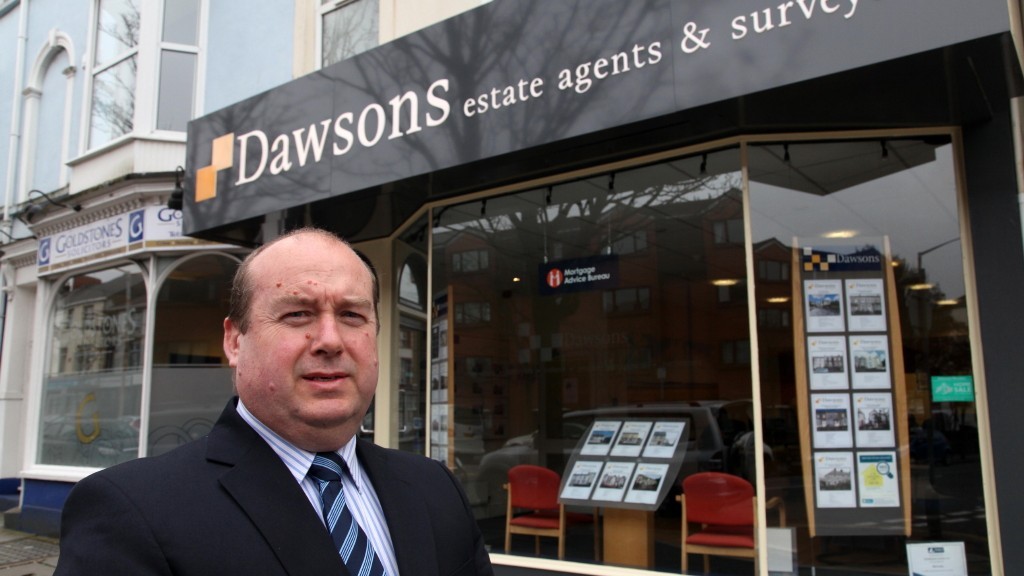In their general election manifesto, David Cameron and the Conservatives pledged to give tenants living in housing association properties the chance to buy their homes.
But, with the plan being revealed in the Queen’s Speech, David Treharne of Mortgage Advice Bureau asks the question of whether or not the scheme is going to help the market in the long run.
What is the Right to Buy scheme?
Brought to legislation under Margaret Thatcher in the 1970s, the scheme now allows tenants who have been living in their properties for a minimum of three years the opportunity to buy their homes at a substantially discounted rate.
The tenant will get a discount of 35 per cent and, after living in the property for five years, that discount will increase by 1 per cent every year, up to a maximum of 70% – or £103,900 in London, and £77,900 around the rest of the country.
Right to Buy has had its criticism…
Whilst it will certainly help many of those currently living in housing association to get their feet on the property ladder, the scheme has received mixed reviews from economists and experts in the industry.
The key issue is that the Right to Buy expansion plan doesn’t address the main problem – the lack of houses being built.
Selling current housing association homes is not creating new properties. And when they are sold to tenants, they are forever removed from the housing associations’ lists, making it even harder for those desperately in need to find a home.
It’s expensive, too. The National Housing Federation (NHF) have said that the policy could cost anywhere up to £5.8bn a year due to the compensation that will need to be paid to the housing associations for making them offer stock at below-market rates.
So, is the government doing anything to rectify the housing shortage?
According to the Conservatives, yes.
Under the Right to Buy policy, councils will be forced to sell around five per cent of their most valuable housing stock once it becomes vacant. Once sold, the council will then build cheaper and more affordable properties with the proceeds, effectively doubling the number of homes for every property sold.
Whilst, in theory, this could work, it has been argued that the policy could lead to councils being forced to sell stock in high-value areas and building “replacement” properties in areas that are cheaper.
Numerous councils are arguing the policy, with some even considering moving their eligible properties into separate companies to exempt them from the forced sale.
And, with the Local Government Association (LGA) expected to call for councils to be permitted to set their own discount rates within the next few weeks, the policy is still under scrutiny and may change numerous times before all involved parties are in agreement.
It is for this reason that it is imperative to seek advice from a professional adviser who will have the latest information to help you through your next steps.

